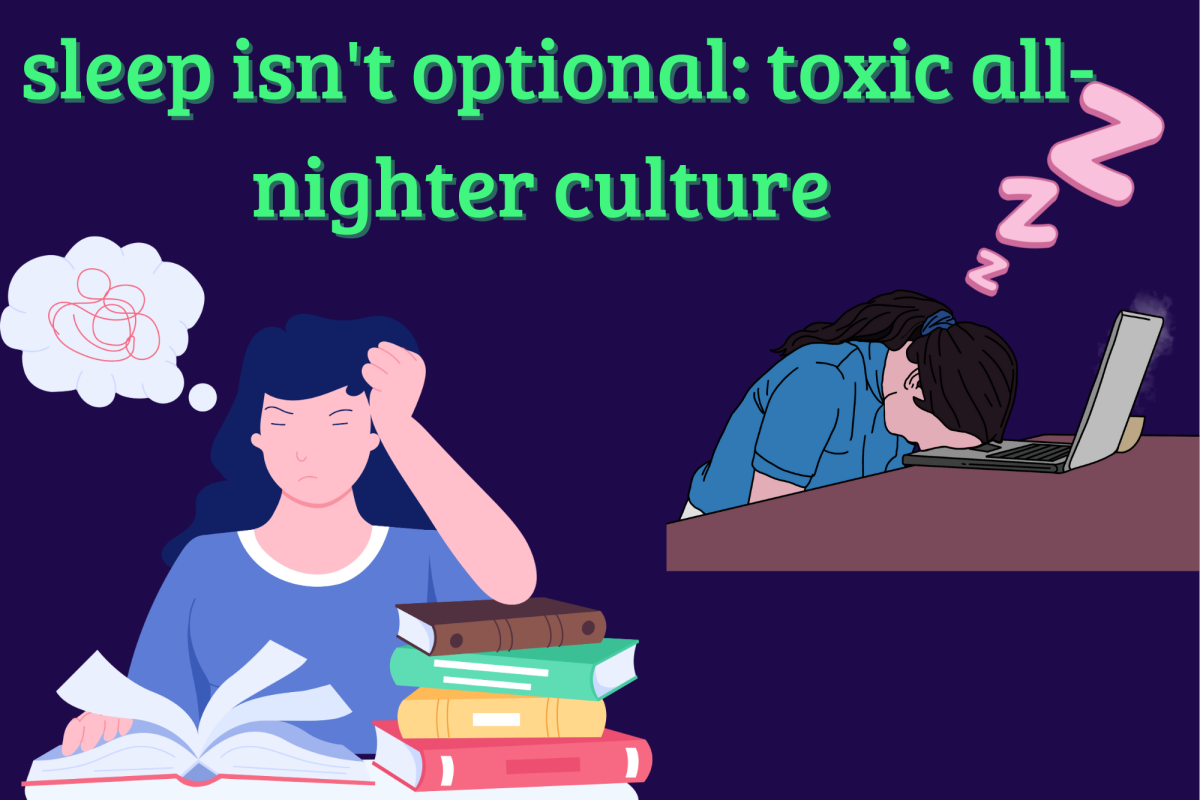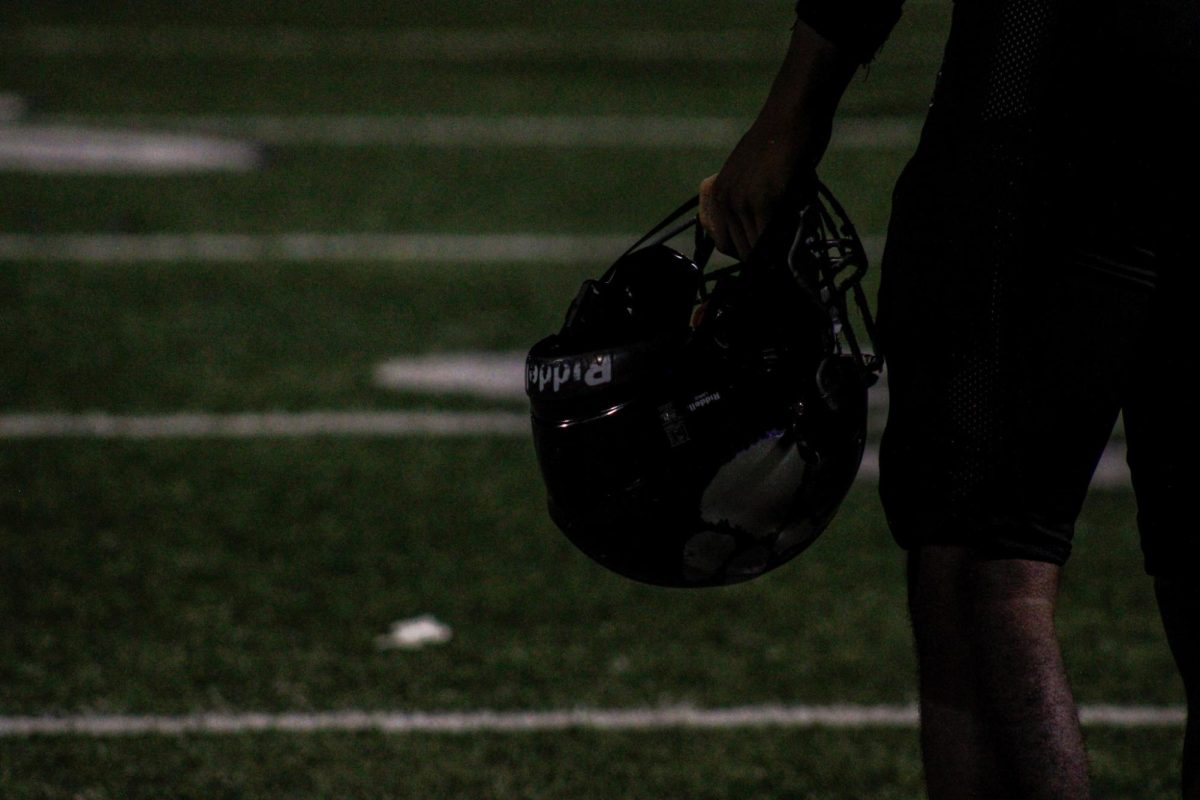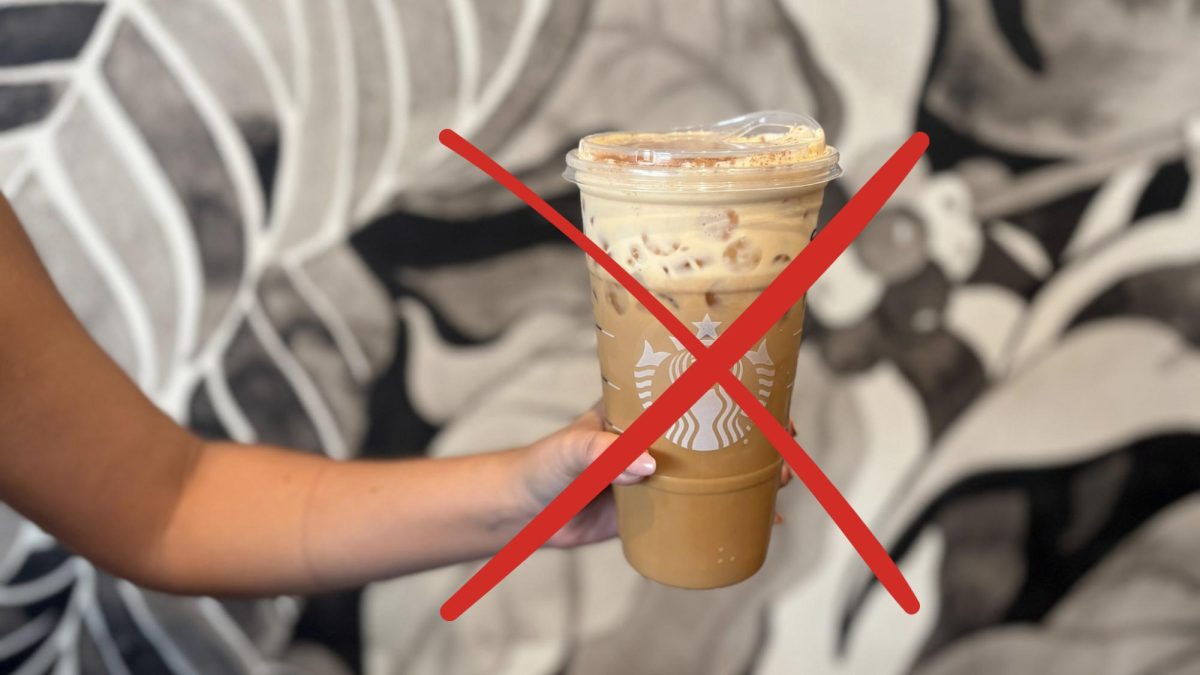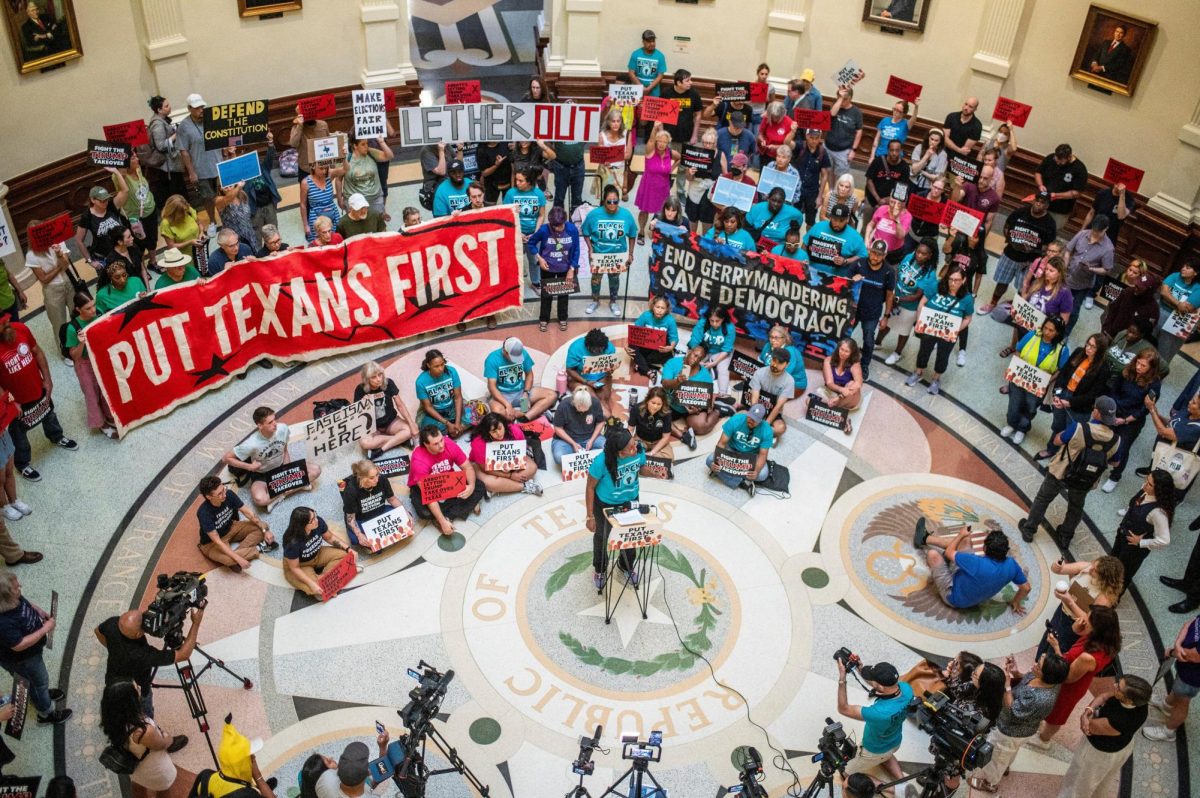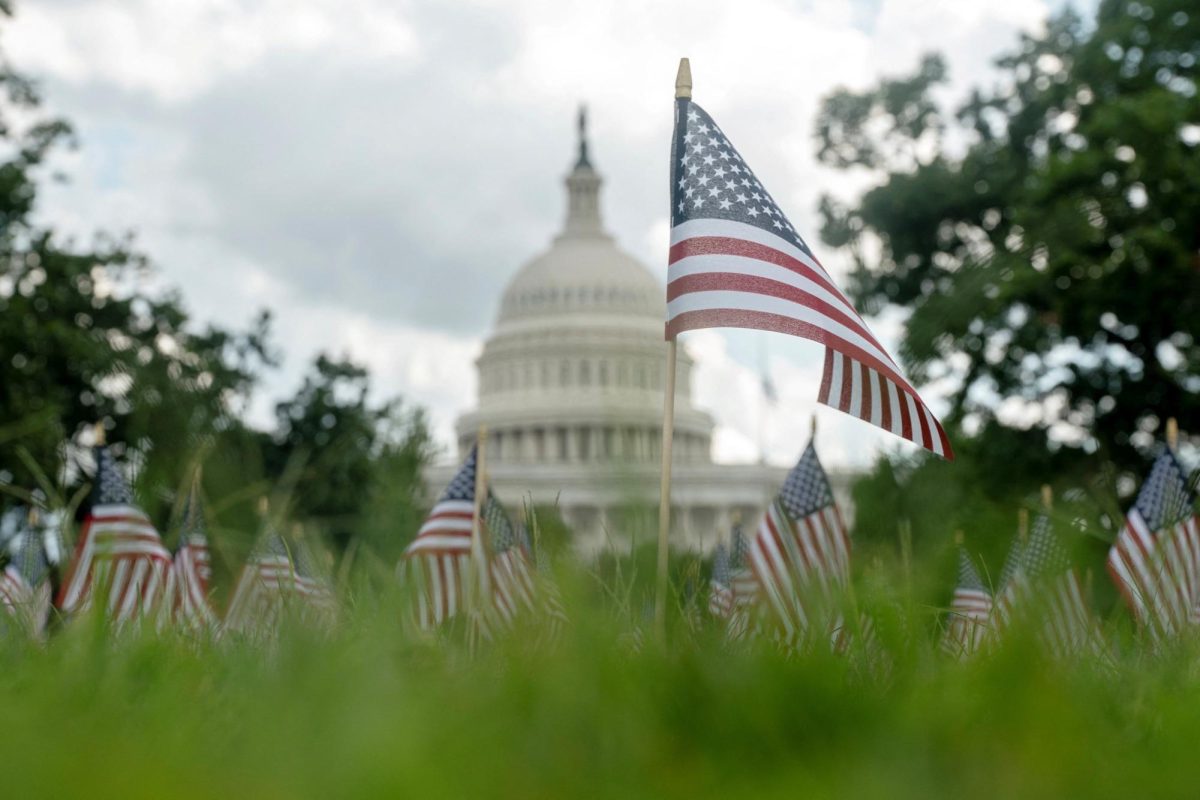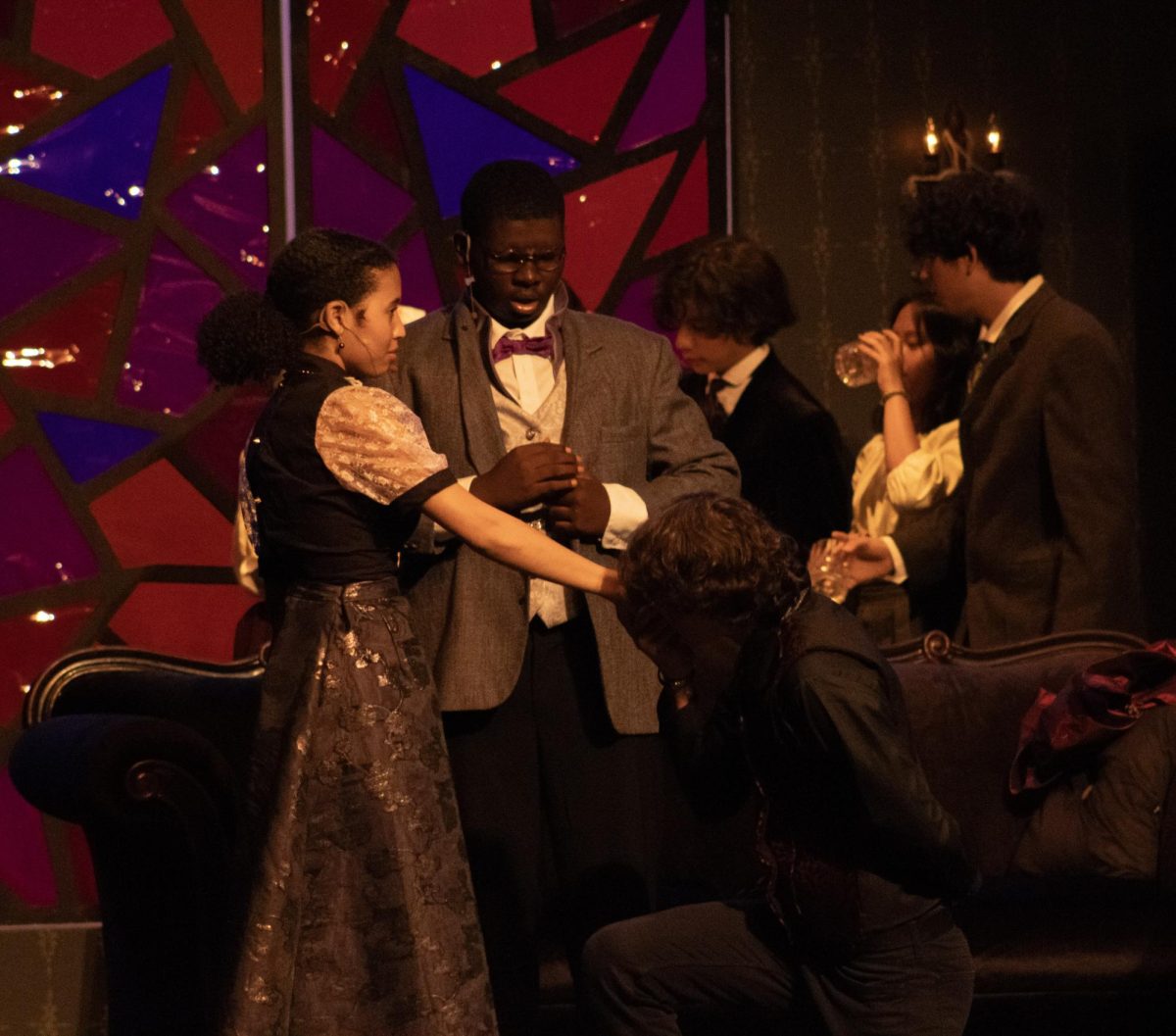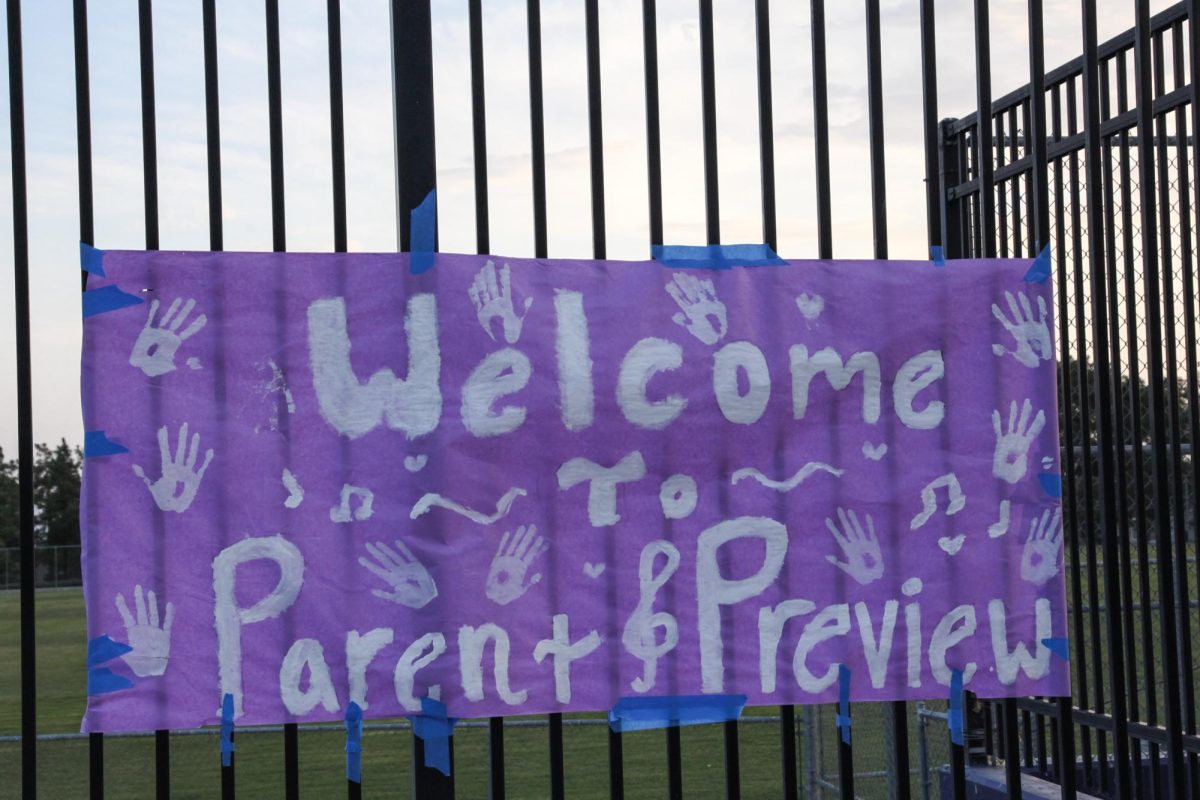You’ve probably heard the phrase “I’ll sleep when I’m dead” before. But what if pulling all-nighters brings you closer to that day sooner than you think? Across campus, many students procrastinate their school work and get it all done at the last minute by staying up into the early hours of the morning, or in some cases, all night to get everything done.
According to Medical News Today, “Around 20 percent of students pull all-nighters at least once a month, and about 35 percent stay up past three in the morning once or more weekly.
All-nighters have become a status symbol of achievement culture. But in reality, they encourage procrastination and cause detrimental sleep deprivation.
The glorification of all-nighters has to end sooner rather than later. In today’s achievement culture society, pulling an all-nighter is how many students typically study. But let’s be clear: all-nighters are a terrible idea. They harm mental and physical health and reinforce the stereotype that “blood, sweat, and tears” are needed for success.
Success doesn’t always have to be exhausting and demoralizing. No deadline or assignment is worth the cost of sleep, and as a society, we have to stop pretending otherwise.
The science is clear: sleep is critical for one’s physical and mental well-being. According to the Centers for Disease Control and Prevention, “Children and adolescents who do not get enough sleep have a higher risk for many health problems. Examples include obesity, type 2 diabetes, poor mental health, and injuries.” The CDC also goes on to state that with poor sleep, “children are also more likely to have attention and behavior problems, which can lead to poor academic performance in school.”
By staying up for an extended period of time, you override the natural sleep cycle of your brain and it can lead to irreversible brain damage, which is backed by a study from the University of Pennsylvania that found that an “extended period of wakefulness can kill or damage certain neurons in the hippocampus.”
What’s worse is the way that all-nighters are romanticized. Social media platforms like TikTok, Instagram, and even YouTube hold trends like “24-hour Study With Me,” “Studying till the Ice Melts,” and extreme time lapses that reinforce poor study habits and intense study sessions.
All-nighters have been normalized for way too long, and the evidence is clear: not only are they counterproductive and unhealthy, but they’re completely avoidable.
“Honestly, all-nighters aren’t ideal, but sometimes they’re just necessary,” senior Deborah Shifraw said. “Between juggling classes, clubs, college applications, and all my other duties as a senior trying to keep up with everything, there just aren’t enough hours in the day. Yeah, it’s exhausting, but the way I see it, sleep is negotiable, my GPA on the other hand is not.”
We caused the problem, but we can fix this. We need to stop treating all-nighters as inevitable and start treating them as unacceptable. Schools should prioritize teaching students time management skills and healthy study habits. Deadlines should have flexibility and balance, teachers should also keep in mind the overall workload students juggle especially in advanced courses like AP and honors.
However, teachers and schools aren’t the only ones that need to step up. Students also need to take accountability and responsibility for their health by not procrastinating as much and managing their time more wisely.
bye bye all-nighters

